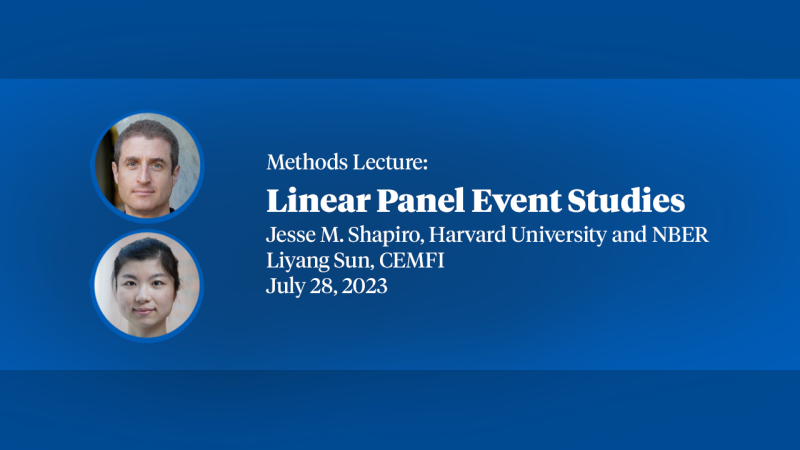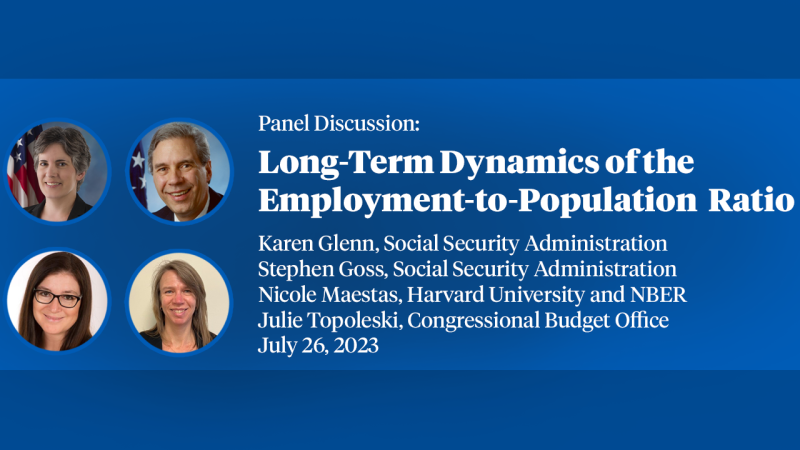Stock Market Movements and Investor Demand
Investors tend to overreact to negative returns, immediately liquidating their positions in index funds.
In Index Funds and Stock Market Growth (NBER Working Paper No. 7033) authors William Goetzmann and Massimo Massa use high-frequency (daily) data on index fund trading, coupled with separate analyses of inflows and outflows, to investigate the relationship between investor demand and the movement of the S&P 500. Their analysis suggests that investor demand influences stock returns, but that the causality goes in the opposite direction only when the market drops. The authors use index fund data in their research because the goal of these mutual funds is to track the S&P 500. As of mid-1998, approximately $80-100 billion in mutual funds was indexed to the S&P 500.
Until recently, researchers were only able to utilize low-frequency (quarterly) trading data in their attempts to explain investor motivation. Results from those studies showed that investors tend to chase performance and to have little risk aversion. Goetzmann and Massa find instead that investor behavior is primarily governed by risk aversion, rather than by investors chasing positive returns. Conversely, investors tend to overreact to negative returns, immediately liquidating their positions in these funds.
Since these findings are the opposite of the results of previous research on the mutual fund industry, the authors raise the question of whether they can be attributed to some inherent differences between investors in index funds and other mutual funds, or whether the greater precision from using high-frequency data has teased out behavior not apparent when using the low-frequency data available up to now.
The authors also show that investors react to expert recommendations that appear in market timing newsletters. When the experts are generally bullish, investors react with greater inflows into these index funds and smaller outflows. However, investors react even more strongly to uncertainty among these experts. As dispersion of opinion about the market widens, investors react with reduced inflows and increased outflows.
Finally, Goetzmann and Massa find that investor demand shocks are permanent, and do not revert over time. This may help to explain the recent higher performance of the S&P 500 index funds relative to broader stock index funds.
-- Lester Picker


